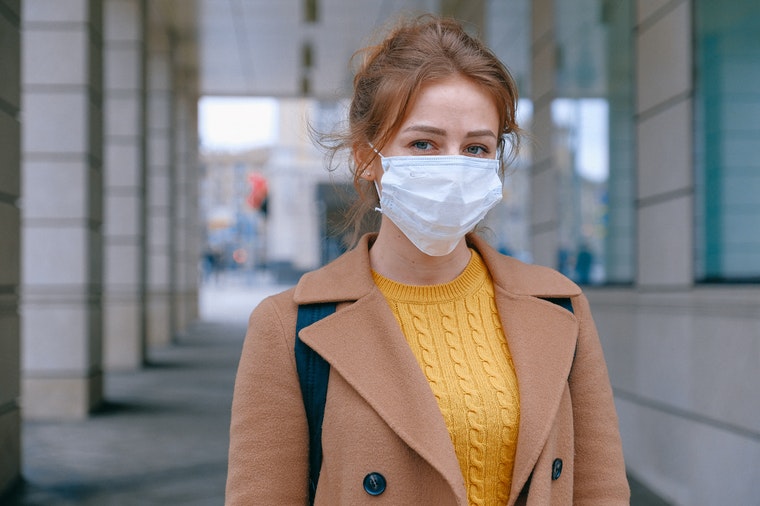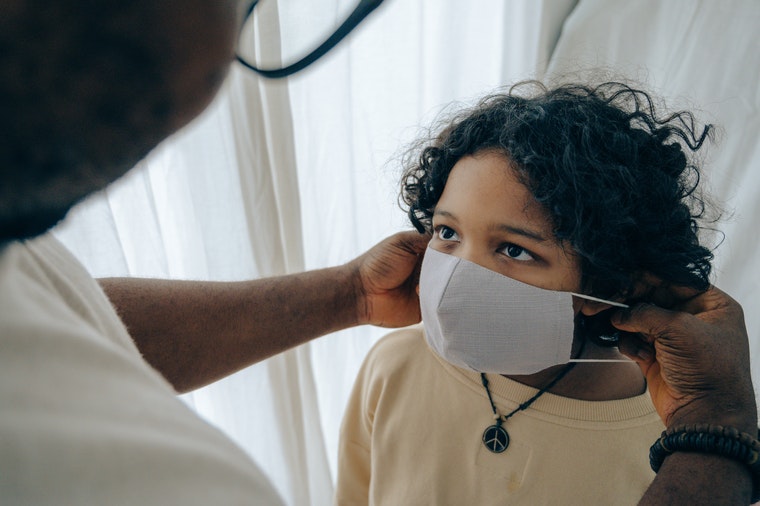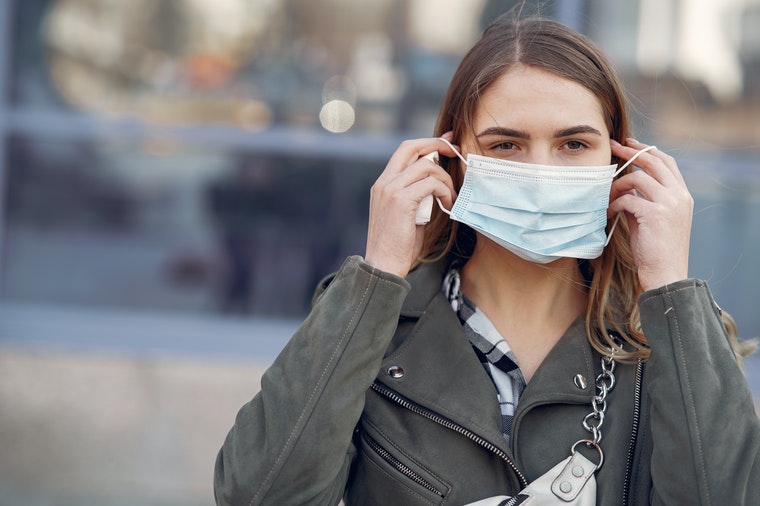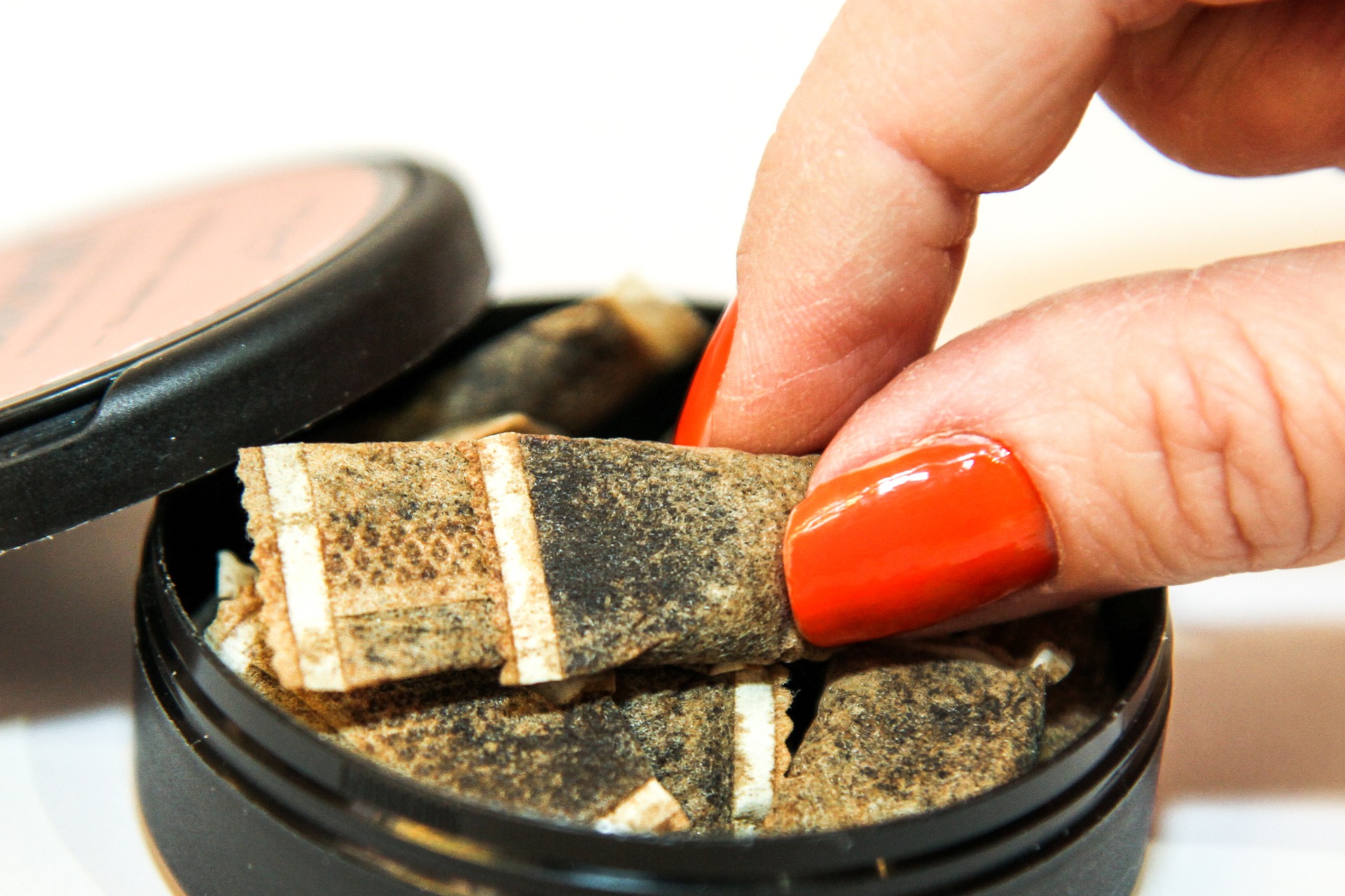Warm, sunny days are finally here, and some states are beginning to loosen their restrictions on visiting with others and gathering in public places.
While it may be tempting to head outside to host cookouts and attend block parties, there is still an element of danger to getting together in large groups. In fact, some fear that lifting restrictions will inevitably prompt a second wave of COVID-19 cases.
Meanwhile, the U.S. is still experiencing issues, and cases continue to surge upward. Luckily, there are several precautions you can take to protect yourself both now and later.
1. Practice Good Hygiene
This tip is a given at this point, but it’s still important to remember, especially if you plan on leaving the house. Since people spread the virus through droplets in the air, anything you touch at the grocery store could potentially be contaminated.
Therefore, it’s best to wash your hands before and after leaving the house, scrubbing them for at least 20 seconds to remove pathogens and germs.

2. Sleep Well
Additionally, your body must rest well at night. Ample sleep will support your immune system, allowing it to better fight off infection and viruses. Plus, getting at least seven hours of sleep will improve your mood and keep you mentally safe during the outbreak.
Be consistent with your sleep schedule, remove electronics from your bedroom and get some exercise during the day to sleep even better.
3. Hydrate
Hydration is also a key factor in maintaining good health. By drinking at least three liters a day, you provide your body with enough fluid to effectively lubricate joints, maintain energy levels and excrete toxins and waste.
With a virus floating around, there’s never been a better time to flush those toxins, so fill up your water bottle and stay hydrated.
4. Practice Social Distancing
While it may be safer to avoid grocery stores and public events, you don’t necessarily have to stay indoors all summer to remain safe. Staying six feet away from others — both indoors and outside — will significantly reduce your risk of contracting or spreading the virus.
Additionally, it may be smart to keep kids off playground equipment. Even though jungle gyms are outside, they rarely undergo cleaning, making them a breeding ground for the coronavirus.

5. Wear a Mask
Public health experts urge people to wear cotton masks to minimize the spread of the virus. While these masks may not fully protect you, they effectively protect others from any droplets you may emit.
Some combinations of cloth can block more than 90% of particles, keeping others safe if you were to cough, sneeze or speak loudly. Urging others to wear masks will ensure you stay safe as well.
6. Obey Local Restrictions
Whether you have plans to travel or not during the outbreak, it’s essential to follow local restrictions. Each state has its own rules and regulations, so it’s important to know what they are before heading out the door.
Otherwise, you risk putting yourself and others at risk. For instance, California and Illinois now require people to wear masks in public, but states like Alaska and Arizona don’t.
7. Do Your Research
If you plan on going out to the grocery store, a restaurant or any other local business, it’s a good idea to do your research first. Sometimes, these businesses have different safety requirements than the state mandates.
For example, one state may not require you to wear a mask or stay six feet away from others. However, small businesses and restaurants may not allow you to enter without abiding by these rules.
Staying Up to Date
As scientists and health experts learn more about the virus and what you can do to keep yourself safe, guidelines and requirements will change. Therefore, it’s best to turn on the news and read updates from world health advisors regularly. Doing so will keep you safe and may minimize the chance of there being a second wave.
Better to be safe than sorry, right?




